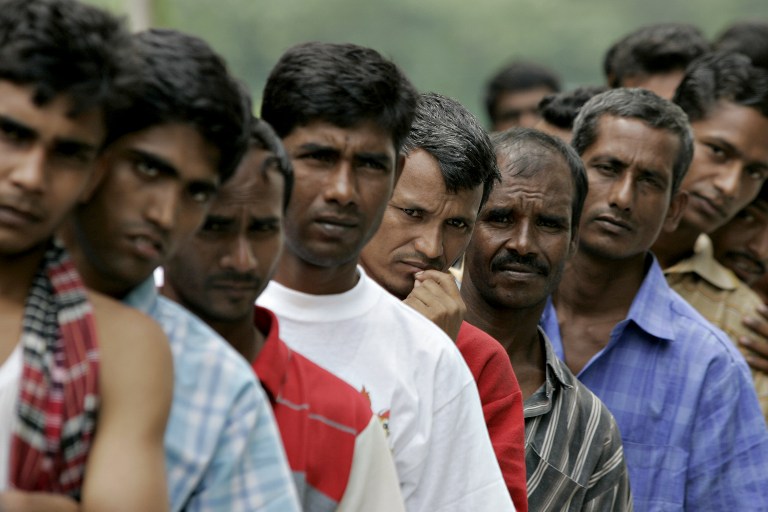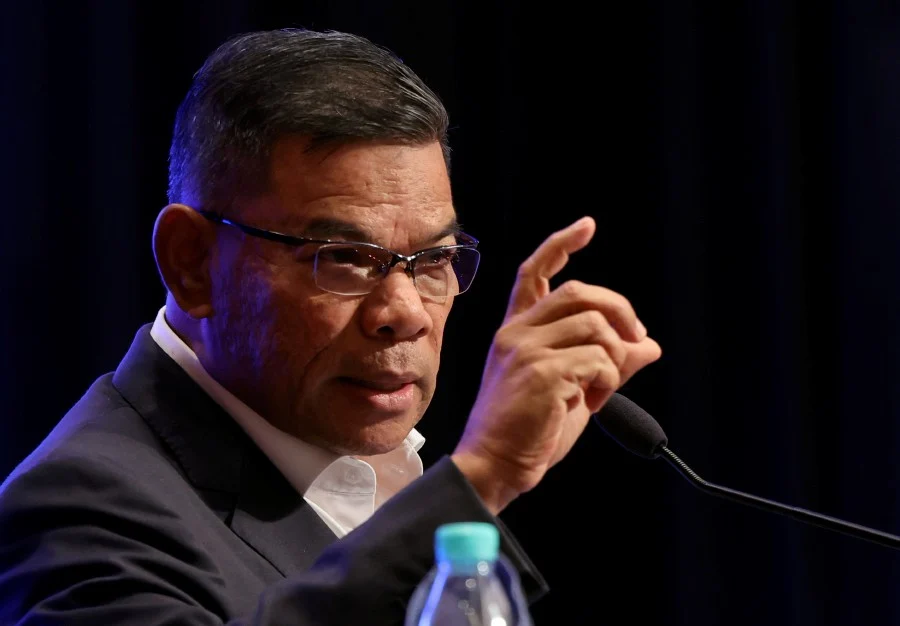ON June 27, Malaysia made headlines with the arrest of 36 Bangladeshi nationals connected to a radical militant movement inspired by Islamic State (IS) ideology.
Of these, five individuals have been charged under the country’s terrorism laws, 15 are slated for deportation, and 16 remain under investigation.
This incident is not just a flashpoint it is a warning. It exposes a growing and highly dangerous trend: the quiet infiltration of transnational extremist elements using Malaysia as a base of operations.
Malaysia cannot afford to downplay this threat. While the majority of migrant workers come here seeking better lives, the reality is that a small number may be co-opted by extremist networks to exploit the country’s open labour system, legal blind spots, and strategic geography.
If left unaddressed, this could severely undermine national security, public safety, and Malaysia’s regional standing.
A new front in terrorist strategy
Terrorist networks have evolved. No longer confined to conflict zones, they now operate through decentralised cells, online propaganda, and global financial transfers.
Malaysia’s relatively open borders, labour demand, and large undocumented population offer fertile ground for such actors to establish recruitment hubs, fundraising channels, and ideological footholds.
According to the Home Minister, the arrested individuals had established cells, spread radical ideologies, and attempted to finance operations aimed at overthrowing a government in their home country.
This is not just a foreign problem imported into Malaysia it’s a security breach with domestic implications. Radical groups do not respect national boundaries, and Malaysia’s enabling environment unintended though it may be can serve as a dangerous platform for regional destabilisation.
Migrant labour: A system at risk

Malaysia has long depended on migrant workers, especially from countries like Bangladesh, Nepal, and Indonesia. While many enter legally, loopholes in recruitment, legal protections, and employment enforcement lead many to slip into undocumented status.
This shadow economy, detailed by the International Organisation for Migration (IOM), not only enables exploitation by unscrupulous employers but also creates the conditions in which radical recruiters can thrive.
Disillusioned, isolated, and without legal recourse, some migrants become vulnerable to extremist influence. The risk is not in migration itself but in a system that fails to distinguish between the law-abiding and the exploited, and the few who may pose genuine threats.
Without major reforms, Malaysia risks creating the very conditions that radical groups exploit.
Don’t repeat the mistakes of others
The post-9/11 experience of the United States (US) offers a cautionary tale. Reacting to terrorism with sweeping immigration bans, mass surveillance, and indiscriminate crackdowns only deepened community mistrust and, in some cases, hindered counterterrorism cooperation.
The CATO Institute analysis showed that the annual risk of being killed by a foreign-born terrorist in the US was just 1 in 3.8 million yet fear drove disproportionately harsh policies that often-undermined security rather than strengthening it.
Malaysia must avoid these pitfalls. The correct path is not one of fear or overreach, but of intelligence-led, targeted, and proportionate responses.
The recent operation against the IS-linked group shows that Malaysian law enforcement is capable of this. Now, the challenge is to build on it with systemic reform.
Security begins with smart migration policy
National security cannot be separated from labour and immigration policy. When workers lack the ability to change jobs legally, report abuses, or regularise their status, they are pushed into hidden corners of the economy places that are invisible to law enforcement and vulnerable to manipulation.
To close these gaps, Malaysia must overhaul its migration policies. This includes legal employment mobility, transparent and enforceable contracts, standardised recruitment procedures, and protection from exploitative practices. These are not just labour rights they are national security imperatives.
An empowered, visible, and legally protected migrant workforce is far less likely to fall prey to radical recruiters. It also builds trust and cooperation between communities and the state, which is vital for long-term counterterrorism efforts.
The regional stakes
Extremism does not respect borders. Malaysia’s neighbours are facing similar threats, and no country can address transnational extremism in isolation.
Regional intelligence sharing, joint enforcement initiatives, and a unified stance on extremist returnees from conflict zones must be prioritised.
At the same time, Malaysia should lead in developing ASEAN-wide labour mobility agreements that include security screening, legal protections, and regularisation pathways.
This would reduce the reliance on informal networks and close off the backdoors that extremists use to move across borders undetected.
A strong nation acts with wisdom

As Home Minister Datuk Seri Saifuddin Nasution Ismail rightly stated, Malaysia must not become a “shelter” for extremist elements. But safeguarding national sovereignty is not just about border patrols or arrests it’s about fixing the internal systems that create openings for radical threats.
Malaysia must remain vigilant, but it must also act wisely. The right response is not to demonise migrant communities but to distinguish between those who pose legitimate threats and those who are victims of a broken system.
National security must be built on justice, reform, and evidence not xenophobia or reactionary fear.
If Malaysia rises to this challenge with intelligence, compassion, and clarity, it can secure not only its borders but also the strength of its institutions and the safety of all who call the country home. ‒ June 30, 2025
R. Paneir Selvam is the principal consultant of Arunachala Research & Consultancy Sdn Bhd, a think tank specialising in strategic national and geopolitical matters.
The views expressed are solely of the author and do not necessarily reflect those of Focus Malaysia.
Main image: Bernama









